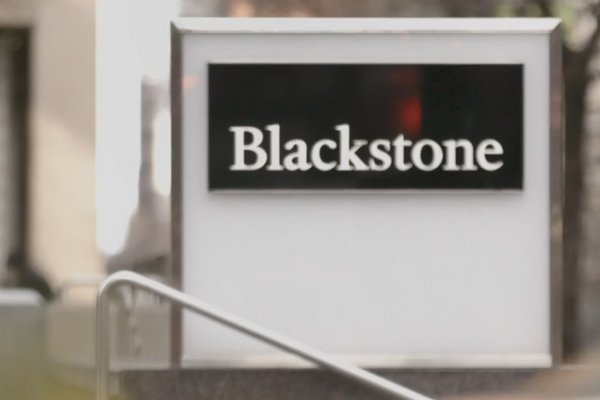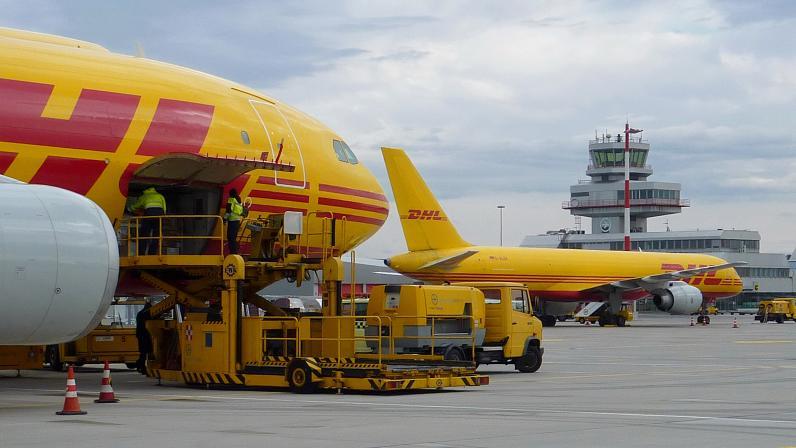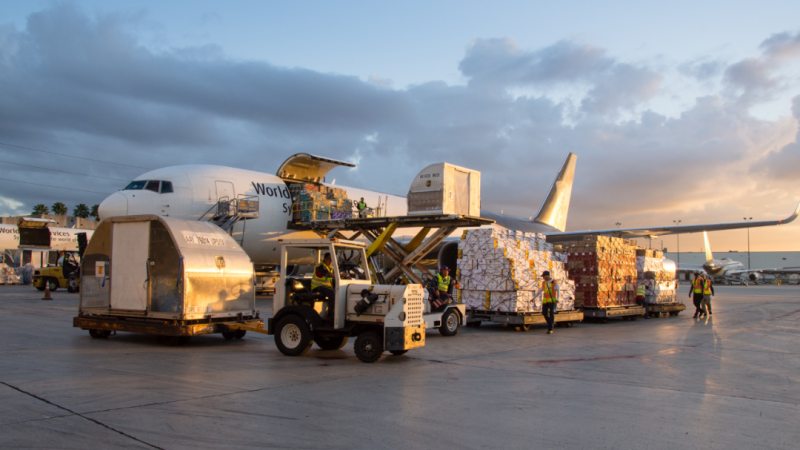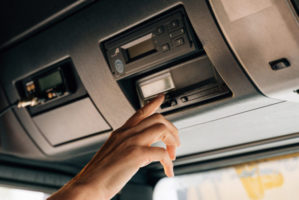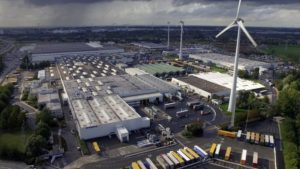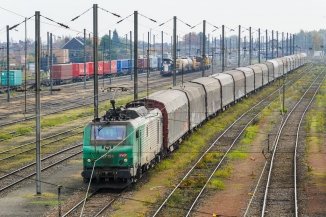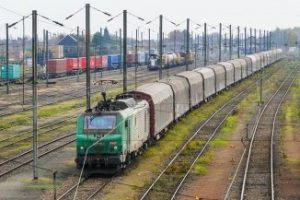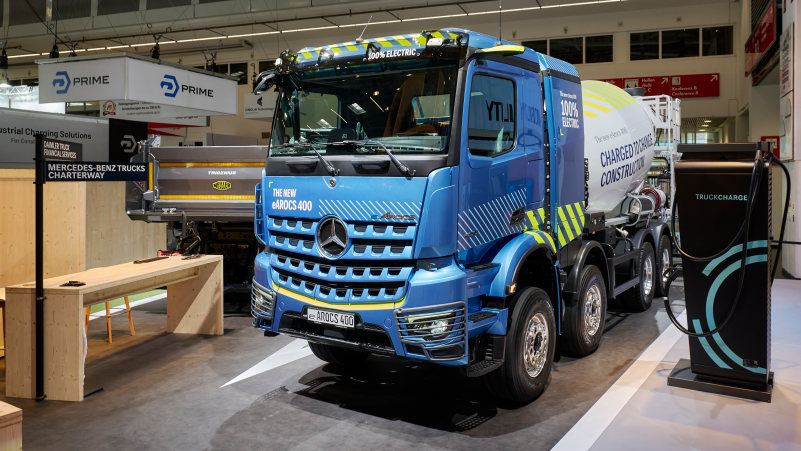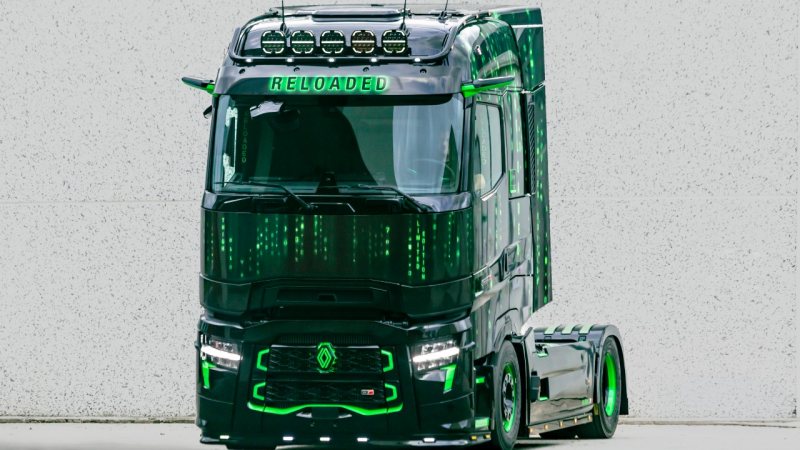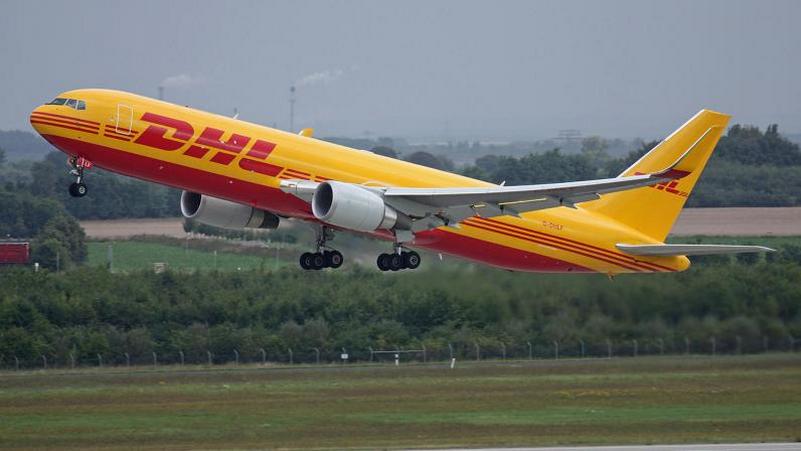Not just transporters, grappling with rising operational costs, new EU regulations, and a general market downturn, but vehicle manufacturers are also sounding the alarm about the transport crisis. Reports suggest that several European factories are bracing for a drop in orders, which could lead to job cuts.
For instance, Volvo Trucks has recently announced a reduction of 250 employees at its Swedish plant in Tuve, near Gothenburg. The expiring contracts will not be renewed, reducing the workforce from 2,800 to 2,550. According to a company spokesperson cited by Swedish media, the decision was driven by a decrease in global truck demand, forcing the brand to scale back its workload to match current needs.
Opened in 1982, Tuve is a versatile plant not only assembling finished vehicles but also producing most components to be shipped to various assembly sites worldwide, from South Africa to India, Australia, Taiwan, Saudi Arabia, Malaysia, and Iraq. The downsizing of one of Volvo Trucks' main facilities, which in recent years was also used for the development and production of electric vehicles, signals difficulties in the transition from combustion engines and reflects the challenges transporters face in converting their fleets.
The transport crisis could also affect the trailer market. Hence, the German giant Krone, despite recording last fiscal year's record results, has announced an impending production slowdown due to expected demand declines. Last year's revenue of approximately 3.2 billion euros marked the company's strongest year in history, yet it now faces gloomy forecasts and cautious business expectations for the near future. The generally difficult economic situation, characterized by soaring costs and the transport companies' uncertainty about new investments, has forced Krone to adopt a more cautious approach.
"The exceptional economic situation last year, with a continuous increase in sales driven by strong support from our customers, the exceptional commitment of our employees, and solid relationships with our financial partners, stands in stark contrast to the current challenges," explains Bernard Krone, Chairman of the Supervisory Board. "The Krone Group has managed to consolidate its strong position by strategically investing in future technologies and automation, which have been crucial in enhancing efficiency and quality management. Investments such as our new spare parts center in Spelle and in robot-assisted production represent significant milestones for our future."
He adds, "However, the current economic uncertainty and the difficulties it brings, such as international political crises, unfavourable European policies with high interest rates, and high energy prices, compel the company to adopt a cautious stance. The Krone Group remains stable, independent, and owner-managed, but must respond to emerging difficulties. For this reason, the first sectors at the Lower Saxony locations have already entered into reduced working hours, while other business sectors are considering this option due to stagnant market expectations."
Marco Martinelli



